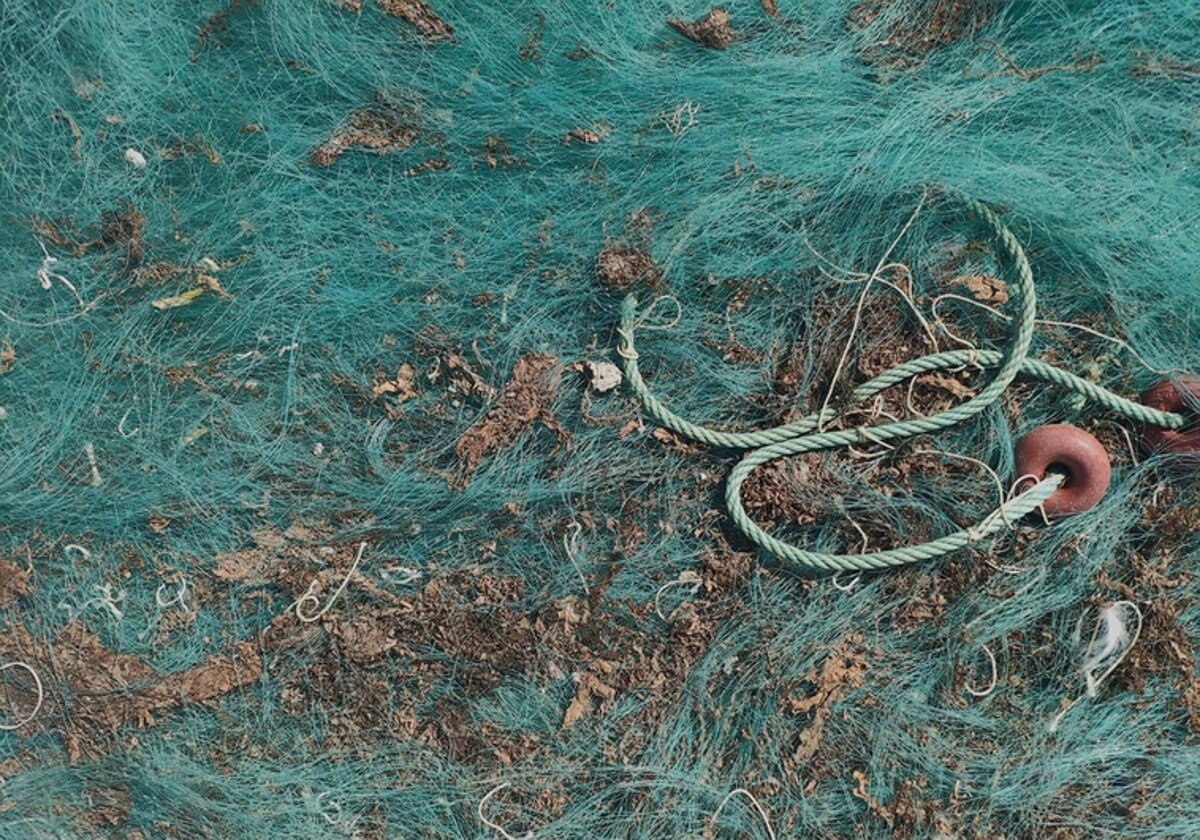Andalusian fishermen and University of Malaga join forces in fight against invasive algae
The algae has been a problem on the coast since 2019 after it was first reported in Ceuta when it arrived in the water tanks of Chinese and Japanese cargo ships
Joaquina Dueñas
Marbella
Viernes, 28 de abril 2023, 15:19
Andalucian fishermen and the University of Malaga have united to fight against invasive algae plaguing the fishing sector.
The Andalusian federation of fishermen's guilds (FACOPE) and the University of Malaga (UMA) have signed an agreement to collaborate to help curb the invasive alga Rugulopteryx okamurae, which has been causing so many problems to the sector.
The algae has been a problem since 2019 after it was first reported in Ceuta when it arrived in the water tanks of Chinese and Japanese cargo ships. In June last year, some 2,200 tonnes had to be removed from Mijas Costa beaches alone.
The invasive algae was not just a threat to the image and tourism of the Costa del Sol, but came with additional costs to remove it, estimated at one million euros.
A 2019 collaboration where UMA researchers used the nets of Andalucian fishermen to study the Asian algae led to the current agreement to tackle the issue. UMA professor in the Department of Botany and Plant Physiology María Altamirano was in charge of this project and contacted FACOPE to carry out a prior assessment of the impact of Rugulopteryx okamurae on the fishing sector.
FACOPE president Manuel Fernández Belmonte said the agreement "is a step forward for the fishing sector, where scientific research led by the university goes hand in hand with the reality suffered by the coasts and fishermen of Andalucía".
Studies involved how the algae survived in different conditions, and using this information checked how the species would react to different disinfection measures.
The ultimate objective was "to offer these solutions to the Ministry and minimise the spread of the species in the fishing sector", Altamirano said. "There is an urgent need to control the routes of introduction and then then disperse it locally because the outlook is not good," she warned.
"Predictive models of the species' distribution show that there is still a lot of favourable coastline."
The algae reproduces rapidly in warm temperatures and can suffocate native species of algae.
